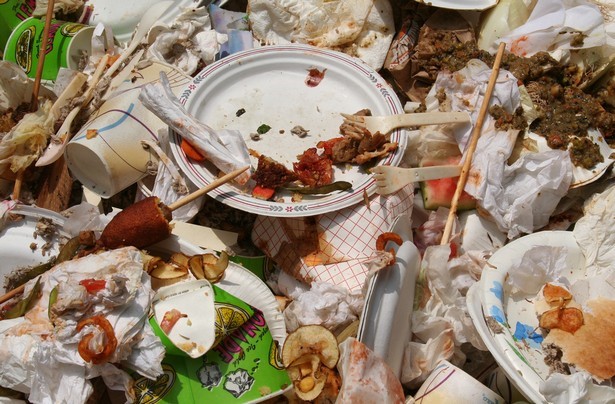Whether it’s a water crisis or not – whether you’re in Cape Town or not – recognising water as a vital resource is the beginning of mindfulness. And as we go forth installing water-saving home additions, incorporating and developing creative ways to use less water, there are a few practices many people overlook or are simply unaware of.
Eat Less Meat – The Water Footprint of Food Plays a Major Role in Global Water Usage

If you haven’t watched Cowspiracy, it’s time you do. The documentary raises the sore topic of meat-eating and the unspoken water usage related to it. This illuminates a more general shivering question of – how much water really goes into overall food production? According to the Global Food Report – Approximately 70% of the earth’s fresh drinking water is used for agricultural farming. Agricultural farming includes animal, plants and other products. Of which animal farming takes up the chunk.
This goes without saying, by reducing your meat intake and being aware of the amount of water used for producing other foods, such as fruits and vegetables, you are reducing your personal water usage and the global populations’.

Reduce Restauranteauring – Restaurants Use a Substantial Amount of Water

As much as restaurants are trying to cut down on water usage to accommodate the Cape Town water crisis, the only actions you’re in control of are your own. How can we be absolutely sure of the general practices of restaurants and their values toward using resources mindfully? We don’t – which is why reducing your restaurant visits and preparing your own food, is a much more reliable means of saving water while cooking.
5 Water-Saving Products You Can Buy Right Now
Refrain from Wasting Food – Food Waster is Linked to Water Wastage

Because of the above, overall food wastage behaviour is closely linked to water wastage. Some scenarios of wasteful behaviour include:
- Ordering water at a restaurant and not finishing it.
- Not finishing ordered meals.
- Using new dishes all the time
- Tossing leftover food in the bin
Despite the urgent need to cut down on personal water use – perhaps the missing link is to re-look at our relationship with food.





